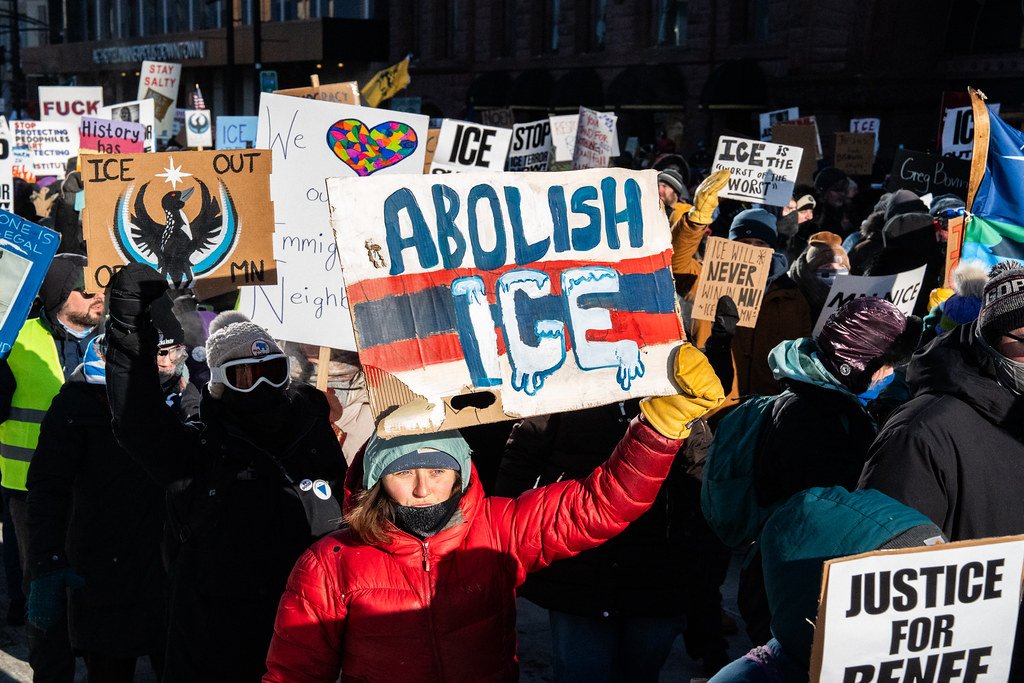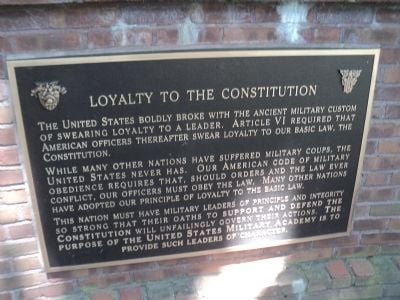The SF-86 is Hard!
Many are suggesting that Jared Kushner may have committed a crime in failing to accurately complete his SF-86 disclosure for
Many are suggesting that Jared Kushner may have committed a crime in failing to accurately complete his SF-86 disclosure form. I really have no insight into Kushner's motivations, nor would I generally defend him against charges of nepotism and, as Henry Kisssinger put it, an Icarus problem. But I can attest to one thing -- the SF-86 is the most daunting form I've ever filled out. And, true confession time, I've made mistakes in doing so that needed to be corrected.
To begin with the form is more than 100 pages long -- far longer than tax returns or any other government form I've ever been asked to fill out. In the real world, the chances of not making a minor error in so long a process are near zero. Certainly I've never gotten it 100% right the first time out.
Second, the form is deeply ambiguous in many ways. For example, one is requred to report "close" or "continuing" contacts with a foreign national. How close is "close" and how long is "continuing"? We just built a second home overseas -- do I have a close relationship with my contractor? [In the end I concluded "no."] The form also requires you report meetings with foreign government officials. Is that limited to those with official government positions (in which case Kushner, Manafort, and Trump, Jr.'s meeting with Veselnitskaya did not need to be reported) or does it also cover informal foreign representatives (in which case it did).
And what if you aren't certain or don't know at all? Today, when I hold a security clearance, I know to ask. But back before I got my first formal clearance with DHS, in 2005, I was working for The Heritage Foundation and I met a huge number of foreign nationals -- possibly as many as a dozen each month for several years. Not knowing that I was going to be seeking a clearance, I kept no records of the meetings and the attendees and I certainly never asked them "are you with the South Korean government or not?" type questions. As a result, when I filled out the form I simply listed every nation with whom I had taken a meeting for the previous 4 years and said "I just don't know" which, if any, were foreign government officials.
And then, of course, there is error. I once pressed "submit" when I meant to press "save" on the e-Quip form and had to call my security officer and have the form discarded and sent back for re-completion. And (here's my true confession) even after being in this field for a dozen years, I still make mistakes. The last time I filled out an SF-86 form (in 2016) I had careful records of all my foreign travel, carefully sorted by year, location, and meeting participants. And then ... I just skipped a year by accident. I went right from 2013 to 2015 without entering any data for 2014. Again, the security office noticed and I filed a supplement but .. there you have it. Stuff happens.
Does all of this explain what happened with Kushner? I have no idea. Maybe, maybe not -- that's what the Special Counsel will decide. But the notorious complexity of the form is exactly why prosecutions are so rare for failing to fill them out correctly.
One final point -- the focus on the question of prosecution is really the wrong question. The right question is whether or not the information in the form and the apparent failure to recall especially Russian meetings is sufficiently concerning that, even if no proseuction is warranted the grant of a security clearance should be reconsidered. The agency adjudicating his clearance status might very well take a second look at it.


.png?sfvrsn=48e6afb0_5)


